Different Times: A History of British Comedy
£14.40£19.00 (-24%)
They don’t make comedy like they used to . . .
From the slapstick comedy of Charlie Chaplin and Stan Laurel, the surrealism of Spike Milligan and Monty Python, and the golden age of political incorrectness helmed by Benny Hill, to the alternative scene that burst forth following the punk movement, the hedonistic joy of Absolutely Fabulous, the lacerating scorn of Jimmy Carr, Ricky Gervais, and Jo Brand and the meteoric rise of socially conscious stand up today: comedy can be many things, and it is a cultural phenomenon has come to define Britain like few others.
In Different Times, David Stubbs charts the superstars that were in on the gags, the unsung heroes hiding in the wings and the people who ended up being the butt of the joke. Comedians and their work speak to and of their time, drawing upon and moulding Britons’ relationship with their national history, reflecting us as a people, and, simply, providing raucous laughs for millions of people around the world.
Different Times is a joyous, witty and insightful paean to British comedy.
Read more
Additional information
| Publisher | Faber & Faber, Main edition (27 July 2023) |
|---|---|
| Language | English |
| Hardcover | 416 pages |
| ISBN-10 | 0571353460 |
| ISBN-13 | 978-0571353460 |
| Dimensions | 15.6 x 2.97 x 23.39 cm |

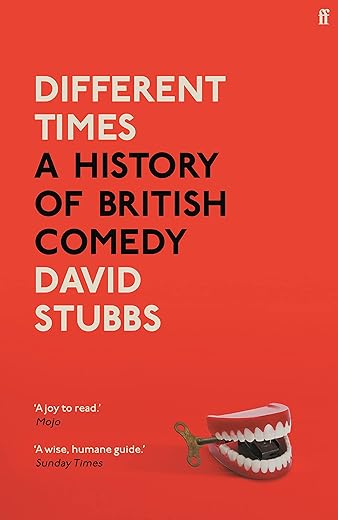
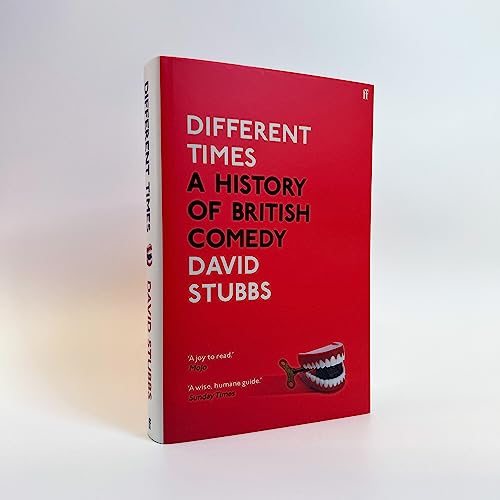
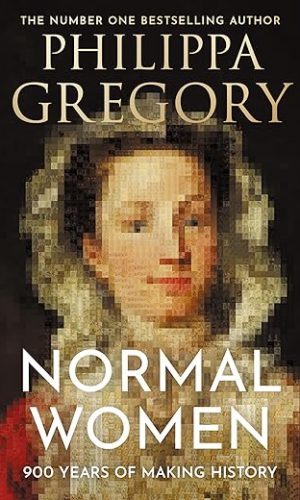
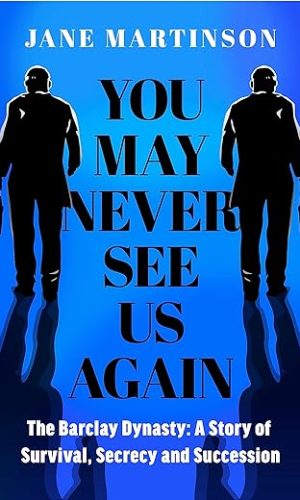
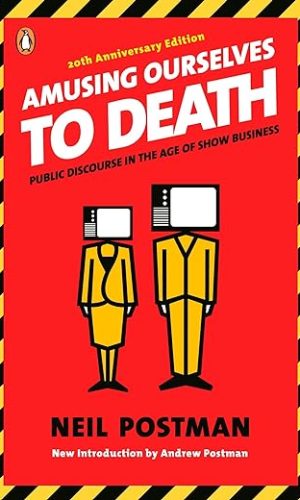
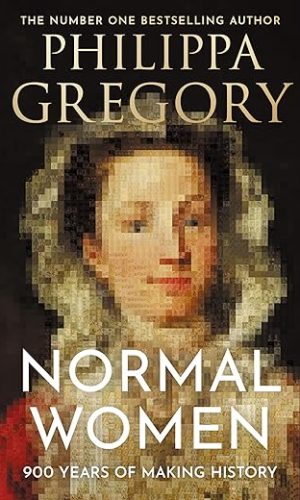

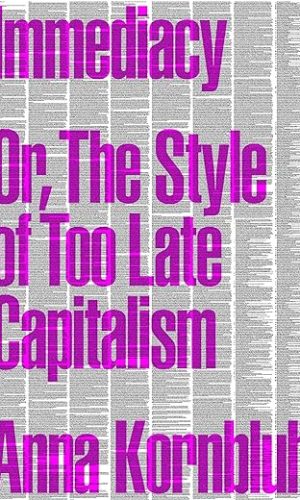
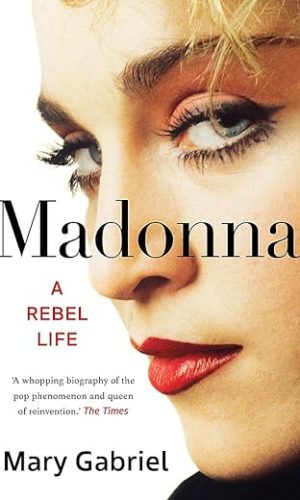

by Tony
A history of British comedy written by someone seemingly totally devoid of a sense of humour. Avoid.
by CS
This is a lively and comprehensive account of the last century of British comedy. However it is ideologically partisan in the extreme and Stubbs is never less than convinced of his own moral rightness. It is suffused with the clunky terminology of the social justice warrior and is likely to irritate the majority of readers who do not share his world-view.
by Bob
Stubbs has an agenda. It boils down to ‘old comedians bad, young comedians good’. He seems to completely fail to understand that comedy is diverse in terms of tone and vulgarity and always has been. Fads come and go. Sexist or racist material may not be appropriate but there is plenty available today however its distribution is via social media rather than TV or radio. A focus on how technology rather than ‘political correctness’ may have been more interesting.
He further illustrated his ignorance of the comedy scene in an interview on Times Radio yesterday. He declared Ricky Gervais ‘days are gone’ because he’s an ‘old man of 61’ (he’s actually 62). I fail to see what Gervais’s age has to do with it and, in actual fact, Gervais is one of the biggest comedians in the world right now. He’s selling out stadiums all over the world but because Stubbs doesn’t like him, he will try to convince you that Gervais is finished. This book isn’t a rational comment of the state of comedy. It’s a biased view, poorly researched by a hack masquerading as a serious writer.
(I feel compared to edit this review and add that Gervais’s current tour just went into the Guinness Book of records for ‘highest gross for a single stand-up show. $1.4mm.’ )
by Stevie
Circumspect, it certainly ain’t. It’s more of a guide book on how to view the comedy mores of past eras and indeed those of present eras too, presented from a very narrow perspective. I heard the author speak with startling vitriol about Ricky Gervais in an interview. (By the way, the verdict of the author is that Ricky Gervais’s comedy is “past it” and he cites Ricky’s age of 61 in support of his view.) If this kind of opinion chimes with your feelings, you are half-way there to loving this book. Some all-time favourites, curiously, don’t merit inclusion in this ‘history of comedy’. You will look in vain for mentions of Yes, Minister or Yes, Prime Minister, for instance. Perhaps, this book will appeal to audiences who clap their favourite comic, rather than laugh, when they recognize their own opinion, on stage.
by Paul Martin
I’m reading this at the moment. It’s brilliant and David Stubbs is very good and insightful on how, in comedy, trends in political correctness, ‘wokeness’, stereotypes, and so on, change and evolve over the years and decades (and he’s on the correct side of all that imho…). However, I can’t believe that the fantastic Yes Minister and Yes Prime Minister get just a single mention in the entire book…
by R K Dickson
A really great, thought provoking read.
by A reader
As some of the other reviews suggest, this book definitely takes a political (or at least social) position on comedy. That’s going to annoy the kind of person who (still) goes on about “social justice warriors” and assumes that their world view is the neutral world view. Ironically, they accuse the book of having an axe to grind while grinding their own in their reviews.
If that’s you, then I suggest you stay away, or at least skip the prelude and introduction which don’t hold back in contextualising British comedy as Stubbs sees it.
This book is an examination of how comedy relates to the changing face of British society since 1917, and especially from the 1950s onwards. It doesn’t set out to look at comedy outside of its context. The title of the book spells this out.
The format of the book is essentially a chronological survey of British comedy since 1917, and how that comedy relates to changing times, as the book’s title suggests. Stubbs doesn’t try to be comprehensive – he notes in the introduction that he had to omit many comedy greats (and not-so-greats). But of the comedians he does cover, he goes into some depth, and to my mind is fair and even-handed in his assessments, and gives excellent career overviews.
I learned a great deal about comedians from before my time – comedy that was formative for my father, but which passed me by. I’ve also been inspired to return to comedians and comedies that I have seen and didn’t “get”. I might better appreciate them – maybe even come to love them – with context that I lacked. Of course, for comedies that are more of my time I don’t always agree with Stubbs’ take, but the book has given me plenty to think about.
In a nutshell, if you accept that comedy (as all art) is a product of its time, and speaks to us about its time, then this book will likely be of interest to you. If, like some of the other reviewrs, you think that comedy can be (and should be) isolated from its context, then you probably won’t enjoy this book.
As to the experience of reading the book – it’s just a very nice, relaxing read, a book to savour.
by jonathan
Superbly researched and written. David Stubbs was a very good writer at Melody Maker back in the day and he’s lost none of his power to amuse.